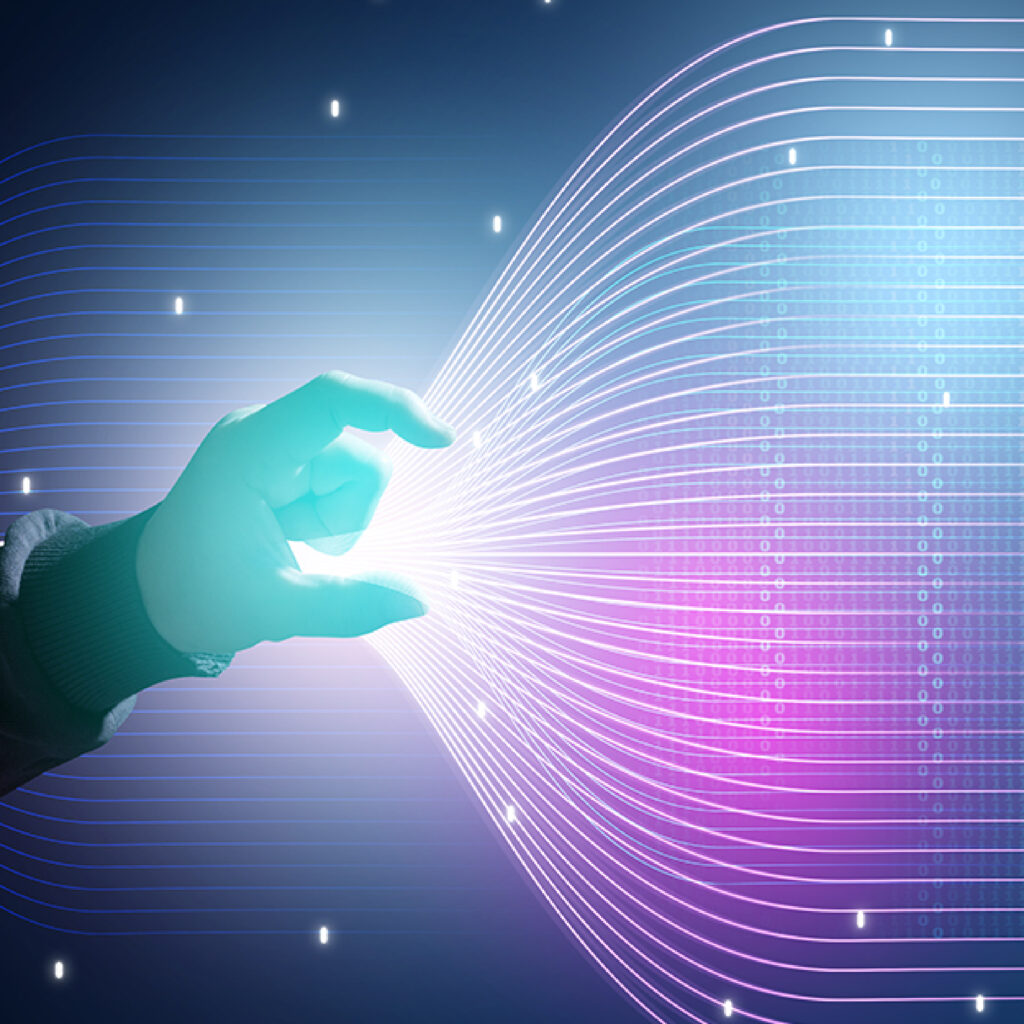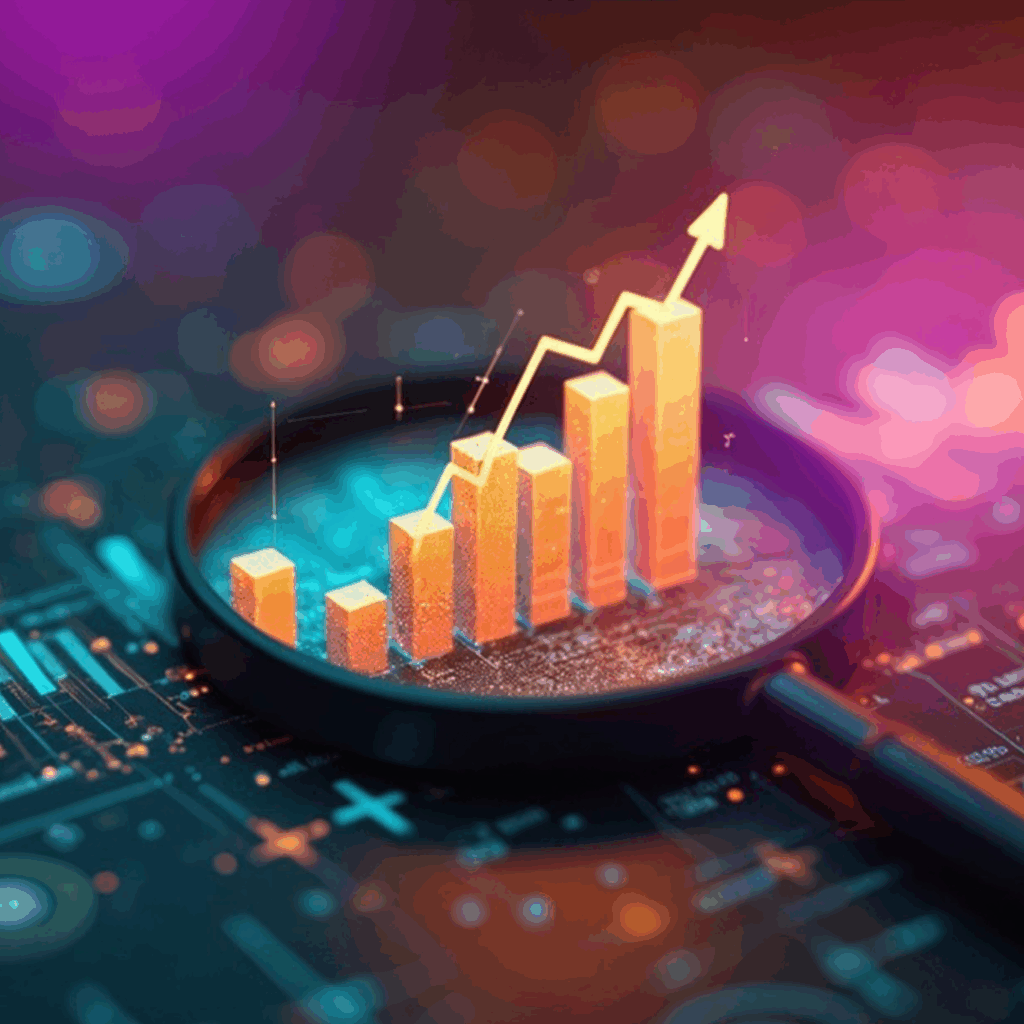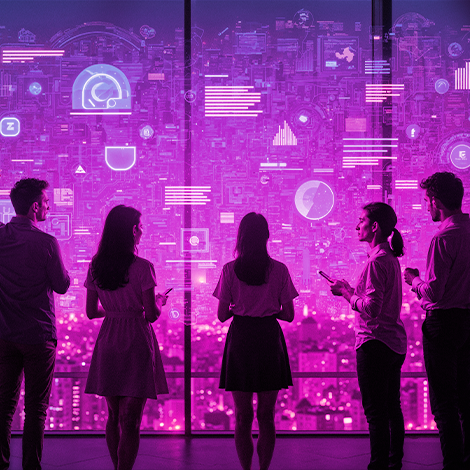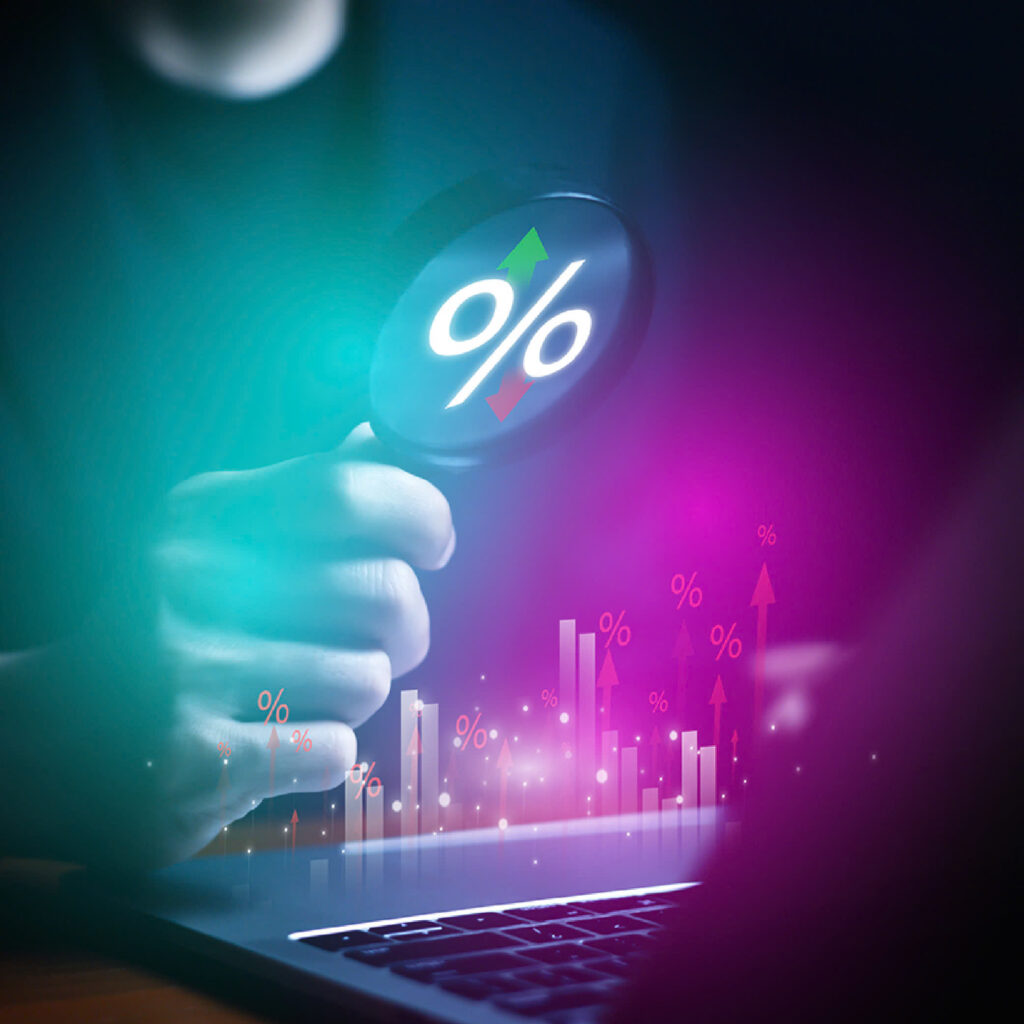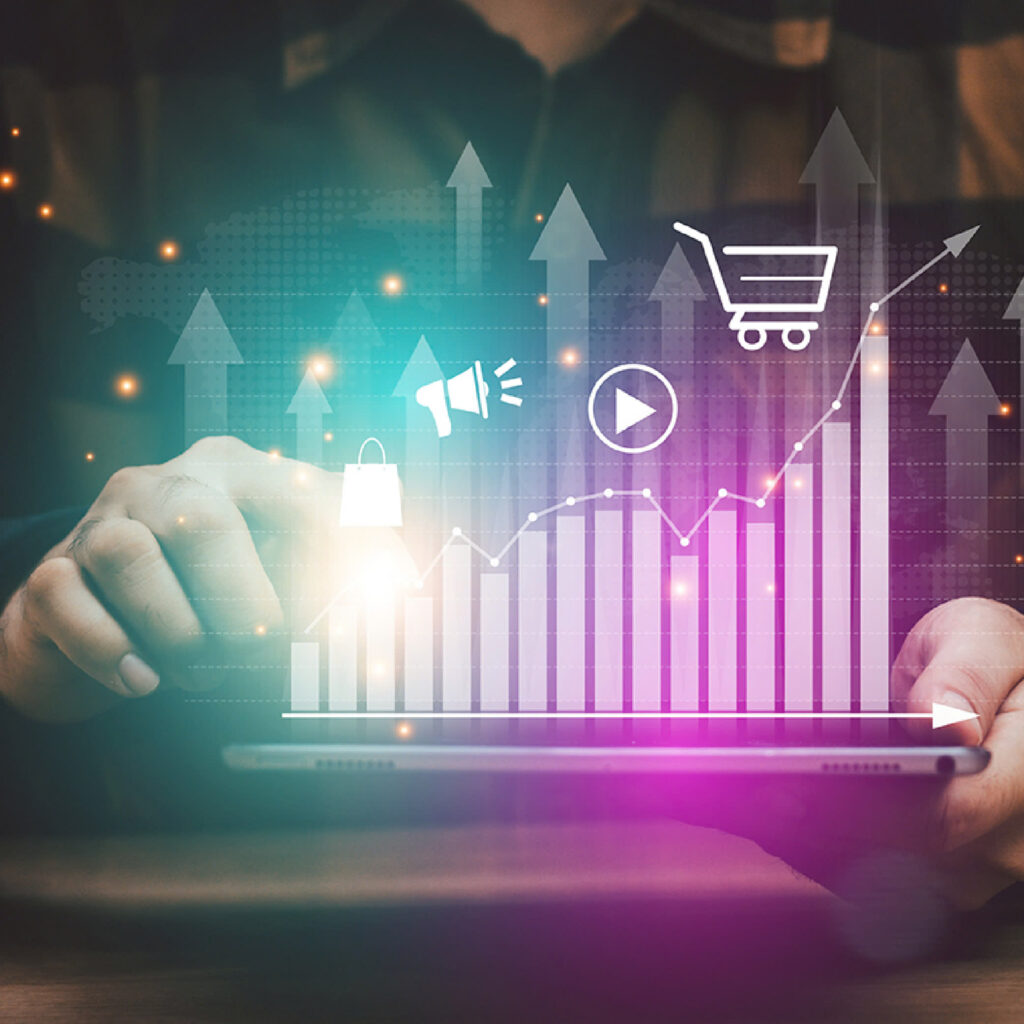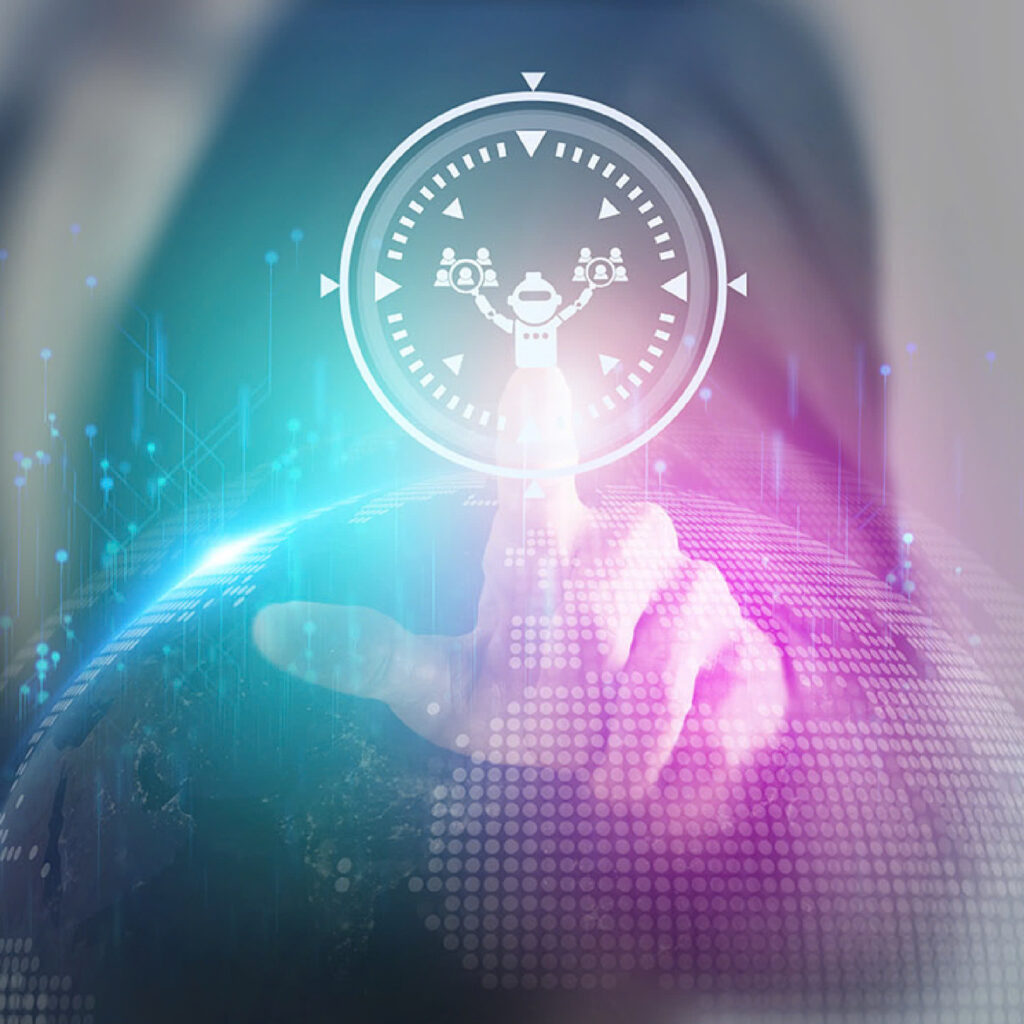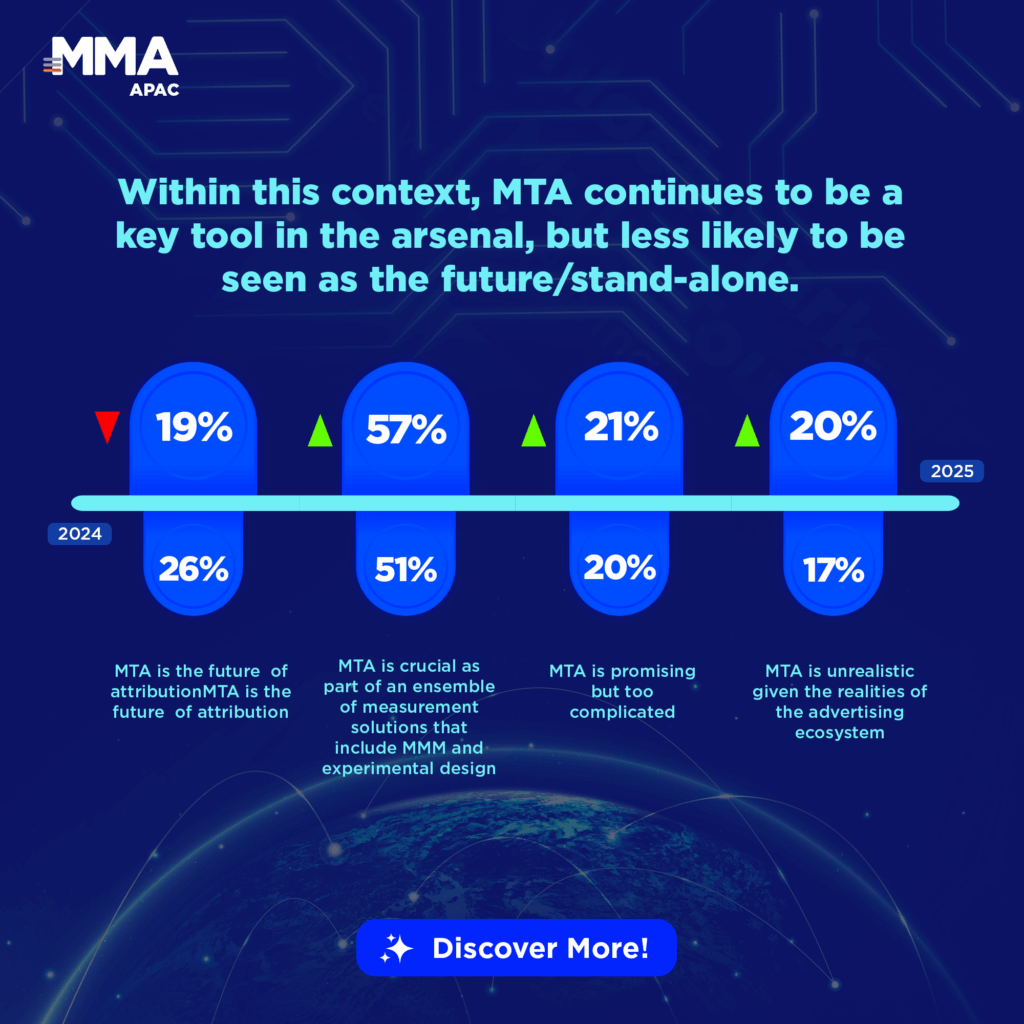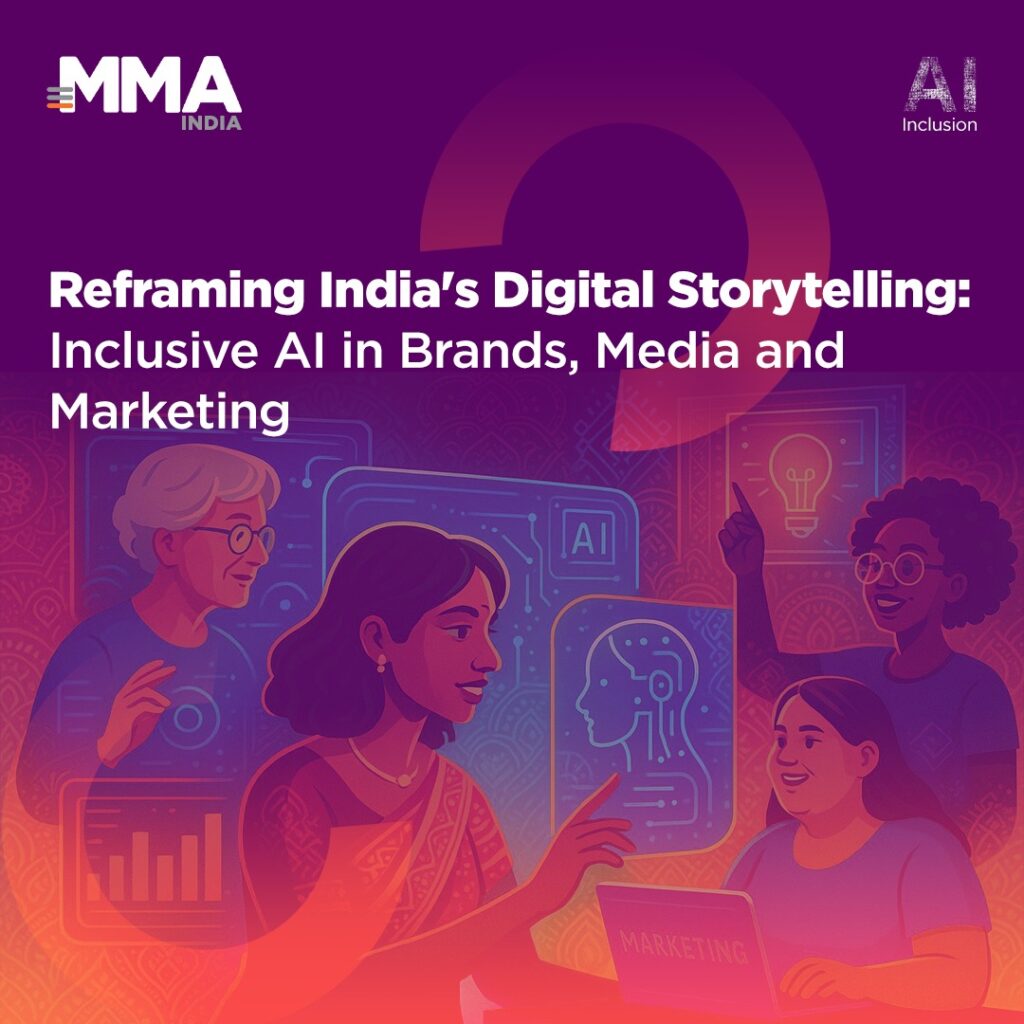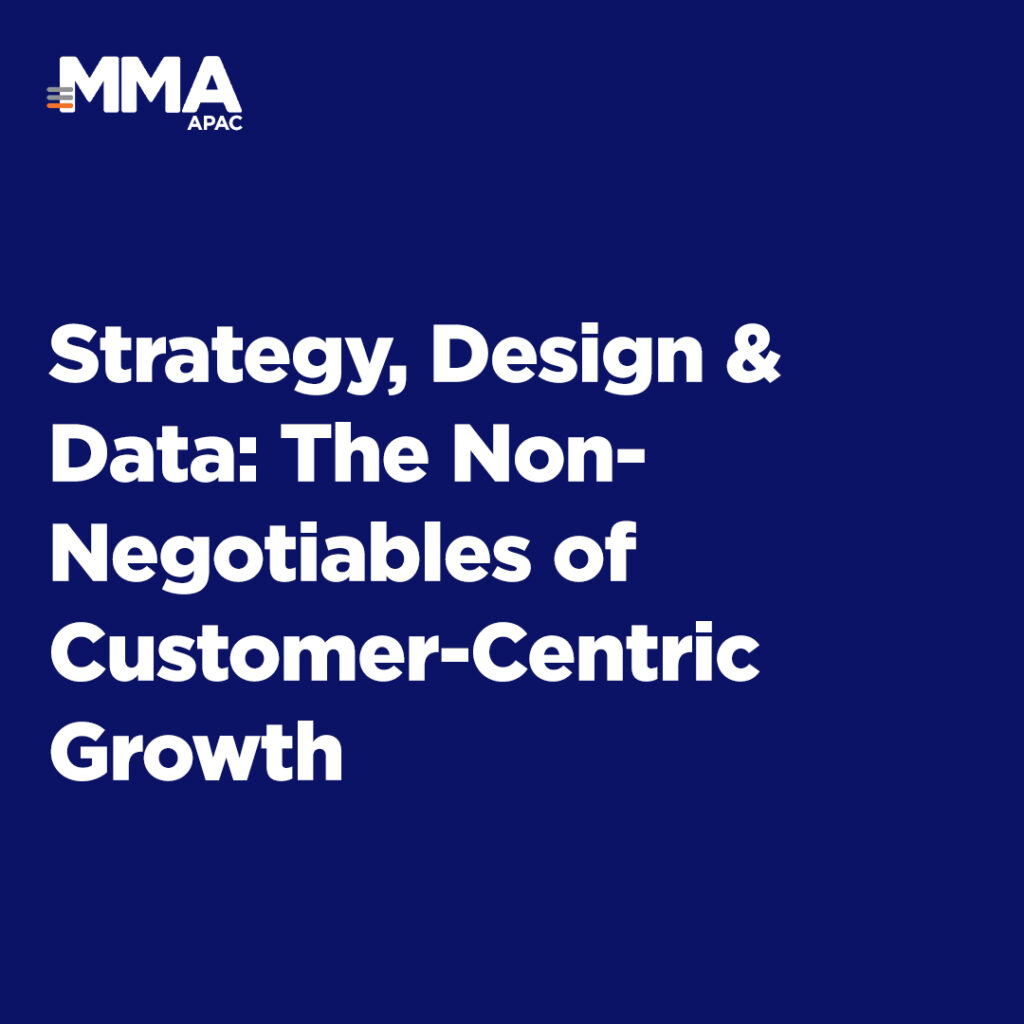
In 2023, marketing became more data-driven than ever before. The impact of AI spilled over across the industry, from campaigns to everyday tasks and even the restructuring of teams. AI played an increasingly crucial role in personalizing campaigns, streamlining creation processes, and enhancing efficiency. By automating processes, AI enables marketers to direct their efforts toward value-adding activities. The technological shift is causing more and more CXOs to focus on AI — specifically, GenAI.
In a recent BCG survey, nearly 70% of organizations said that they have already implemented GenAI, with 93% reporting improvements in the organization’s work due to GenAI. Further, the survey revealed significant use of AI in 3 focus areas: personalization, content creation, and market segmentation. According to MMA Global India’s latest State of AI in Marketing survey, over 70% of marketers believe that GenAI is set on a course to elevate customer experience, and almost 73% of marketers are certain that GenAI will enhance marketing capabilities without replacing human creativity and expertise. Let’s delve into how these changes reshaped the marketing business.
Restructuring Operations: Evolving Roles and Responsibilities
In an unprecedented hiring decision, Coca-Cola appointed Pratik Thakar as the global head of Gen AI in June 2023. For a global company like Coca-Cola to create a new leadership position reflected a shift in how AI is looked at in the context of marketing innovation and transformation.
The strategic appointment of Thakar is expected to enable the company to harness GenAI for a deeper understanding of customers, execute more effective personalized marketing strategies, and remain at the forefront of innovation and competition in the market. This development indicates GenAI’s pivotal role in reshaping the marketing industry.
Everyday Work: Adapting to AI and Expanding Human Capabilities
In 2020, PepsiCo launched Ada, a centralized digital platform for leveraging big data and predictive analysis. Three years on, it has contributed to campaigns for Walkers and Pepsi by identifying the market’s expectations and conducting A/B testing to fine-tune the execution.
PepsiCo’s Monica Tonerio says the collaboration between AI tool Ada and humans has empowered the team to “operate in a faster, more cost-efficient way and with a clear direction that would have taken us a long time to find out if it wasn’t for Ada.” This collaboration successfully manifested in the Walker’s Crisp In or Crisp Out campaign when the marketing team turned to Ada as they struggled to identify the cause of the slip in market share in the UK.
GenAI can provide several operational benefits to marketing teams. These include:
- Content creation: Reduce the time and effort required to create and personalize campaigns at scale.
- Complex data analysis: Identify trends, challenges, and opportunities by easily analyzing large data sets.
- SEO optimization: Reach more customers by optimizing content for text and voice-based searches.
AI Marketing: Personalizing with GenAI
Showcasing the potential of AI in democratizing content creation and allowing customers to personalize a brand’s content to suit their needs, Food giant Mondelez empowered local shop owners to create ads featuring Bollywood actor Shah Rukh Khan. Diwali-themed ad campaign #NotJustACadburyAd featured Khan as a “brand ambassador” for local shops through machine learning.
Heinz used a similar strategy to promote its ketchup. The food processing giant tapped into the AI text-to-image generator DALL-E 2 with the question: ‘What does AI think ketchup looks like?’ This prompt resulted in a creative campaign featuring fun images generated by the tool. The campaign drew engagement on social media.
Talking about the potential of AI, Mark Read, CEO of WPP, the marketing agency working with giants like Mondalez and Nestlé to create AI-powered campaigns, said in an interview that creating campaigns virtually instead of flying out the crew to specific far-away locations can lead to 10-20x savings.
On the audio front, voice search and voice search optimization are changing how consumers access information. E-commerce players like Amazon are rolling out features enabling customers to shop in languages other than English through voice search to attract shoppers across demographics.
The way forward
AI had a significant business impact on marketing initiatives in 2023. From creation to distribution, AI impacted every aspect of marketing at scale, resulting in increased personalization, efficiency, and consumer engagement. Incorporating AI into customer experiences and marketing campaigns is a strategic move for marketers to build brand loyalty and foster long-term relationships.
The collaboration between AI tools and human teams has made processes faster and more cost-efficient. The trend will continue in 2024, with more marketers joining the bandwagon and leveraging AI to create their brands of magic.
